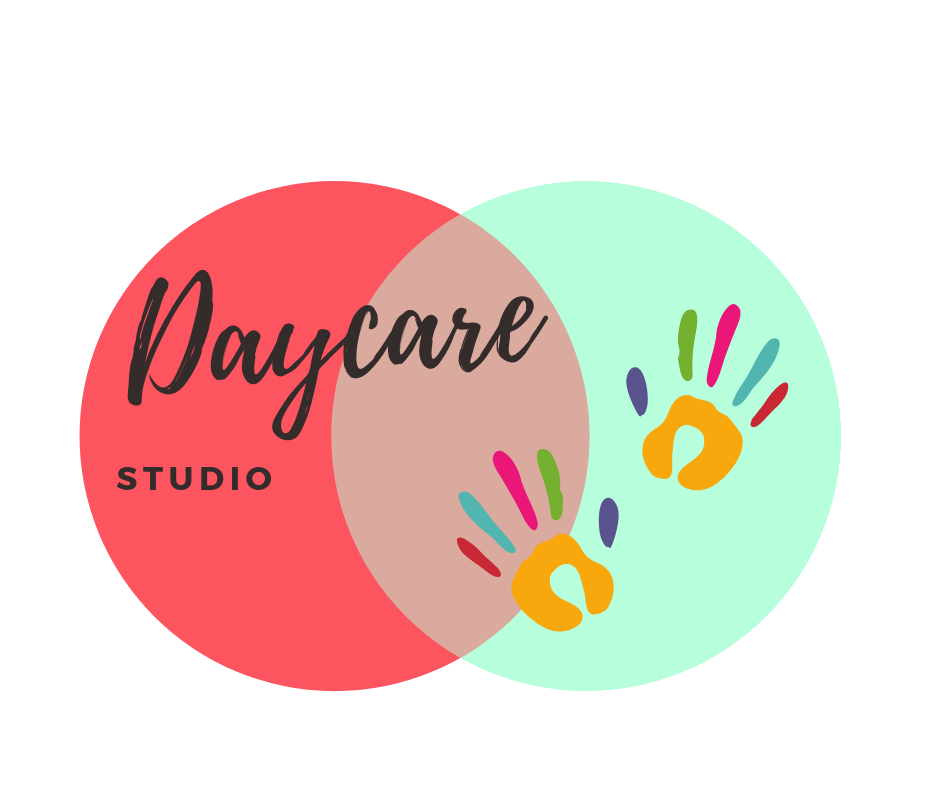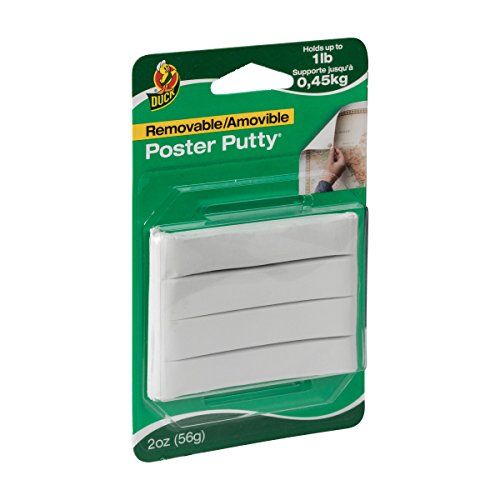How to Effectively Handle a Complaint to Your State Licensing Department
This post may contain affiliate links, which means I'll receive a commission if you purchase through my link, at no extra cost to you.You will encounter many unpleasant situations as a childcare provider or daycare owner. One always difficult situation is when a parent or staff member files a complaint with your state's licensing department. Although a complaint may sometimes be justified, you also may just have a disgruntled parent or employee looking for revenge.
No matter the situation, taking each complaint seriously and responding quickly and professionally is important. It can be stressful, but following these steps will help you handle the complaint appropriately so that your license remains unaffected.
Before we get started , If you're new here, My name is Dena, and I have been a center director for 21 years and love what I do, but it is WORK! My goal is to help other providers with their child care programs and help relieve the stress that the daycare world brings.
Don't forget to snag my FREE Interview Guide to hire the right staff for your daycare or child care center! Reduce turnover with my 12-page Interview Guide with Questions and Job Position Descriptions designed for child care hiring!
Now here are 8 steps to take when someone calls your state department to complain about your daycare, preschool, or childcare center.
Stay calm and professional.
It can be difficult to stay composed when dealing with a situation like this, but it's crucial to always remain professional. Speak calmly and rationally when discussing the situation with parents, staff, or your state department. Remember, no matter how frustrated you may feel, staying focused on efficiently resolving the issue without escalating tensions further is important.
Be proactive and contact your state licensing department.
If you have an upset parent or staff member and know they will file a complaint, be proactive and contact your licensing consultant as soon as possible to let them know the situation. This way, they can review the details before the complaint is filed. This also sends the message to your licensing consultant that you are open, transparent, and want to resolve the issue.
Gather all documentation.
Ensure you have all documentation related to the complaint available for them to review. Gather records of all interactions with parents, including emails, phone calls, and meetings. This includes any forms, contracts, or policies signed by both parties. Having all this information ready will help ensure you remember everything important during the process.
Write statements about the incident.
Be prepared to explain why you handled a situation in a particular way or what the incident was. You and any staff involved may be asked to write a statement of the incident detailing exactly what happened. When writing a report, here are some things to include:
General information – the specific location, time and date of the incident.
Event – the story of the incident and the details of why it turned out to be an incident.
Setting or environment – pertains to physical and environmental conditions that may have contributed to the incident. List any equipment involved in the incident (toys, playground equipment, furniture, medication).
Affected people – the names of the children and/or staff involved, their title or position, and their classroom.
Injuries if any and the severity – include the type of injury, its severity, and body parts that were injured.
Witnesses – pertains to statements of staff present during the incident.
Administered treatment – includes the initial treatment, aid, or any medications given to the affected individuals.
The name of the medical facility (if the child was taken off-site to receive treatment)
The steps taken to prevent the incident from reoccurring
After the incident report is completed, it should be signed and dated by the the person who completed the form.
Every state has a different way of reporting, so make sure you are familiar with your state’s guidelines and processes.
Be an open book during the investigation.
A thorough investigation of the complaint will take place, so it's important to be completely honest and transparent about everything. Make sure you respond to all inquiries with accurate information and remain cooperative throughout the process.
Prepare for any further legal action that may be required of you.
In most cases, complaints can be handled by your state's licensing department and kept out of court, but be prepared to contact an attorney if necessary.
Follow up with everyone involved.
After the investigation is completed, make sure your staff and parents, if necessary, understand what the outcome was, what was discussed and agreed upon, and the next steps going forward.
Look for ways to improve.
Once the investigation is complete, and any concerns are addressed, look for ways to improve your daycare and prevent further complaints, such as additional training for your staff, a review of policies, or better ratios. Taking the time to identify and address potential points of conflict may help avoid future issues. And remember to always document everything! You never know when you will need it!
Conclusion:
I wish I could say you will never have complaints, but that's not the case. Unfortunately, some parents look for problems, and you are the target; however, with some preparation and guidance, you can handle future complaints gracefully & successfully. I hope my advice has been helpful in this crazy but rewarding daycare world we live in!
Have any tips to handle complaints? Comment below. We’d love to hear from you!
Here are some other articles packed with valuable content you are sure to enjoy:
30 Daycare Policies You Need in Your Parent Handbook
Important Daycare Forms You Need For Your Childcare Business
How To Deal With Parents Who Consistently Pay Tuition Late!
The 12 Most Common Child Care Business Mistakes
Grab my FREE Daycare Starter Guide to start your own childcare business.
If you don’t know where to start, this 12 step guide to starting your own center or in-home daycare is perfect for you! Click the button to get instant access and download. It’s super easy and absolutely free!
Download my FREE Family Screening Guide to select the families right for you.
Download this guide to help you carefully accept the right families and avoid the high-maintenance ones. Includes 13 questions and a Family Information Card for easy follow-up.
Grab my FREE Daily Schedules for Infants, Toddlers, & Preschoolers!
Download 3 PDF schedules designed for each age; Infants, Toddler, and Preschoolers. A Canva link is provided to edit the schedules for your program. It’s absolutely free and only takes 5 seconds!
Don’t miss out on free daycare grant money!
Have you applied for the Employee Retention Credit? We applied and my childcare center will be getting back about $10,000 per W2 employee. In case you’re wondering, that’s $250,000! Yep, that’s what I said! Click here to learn more!








